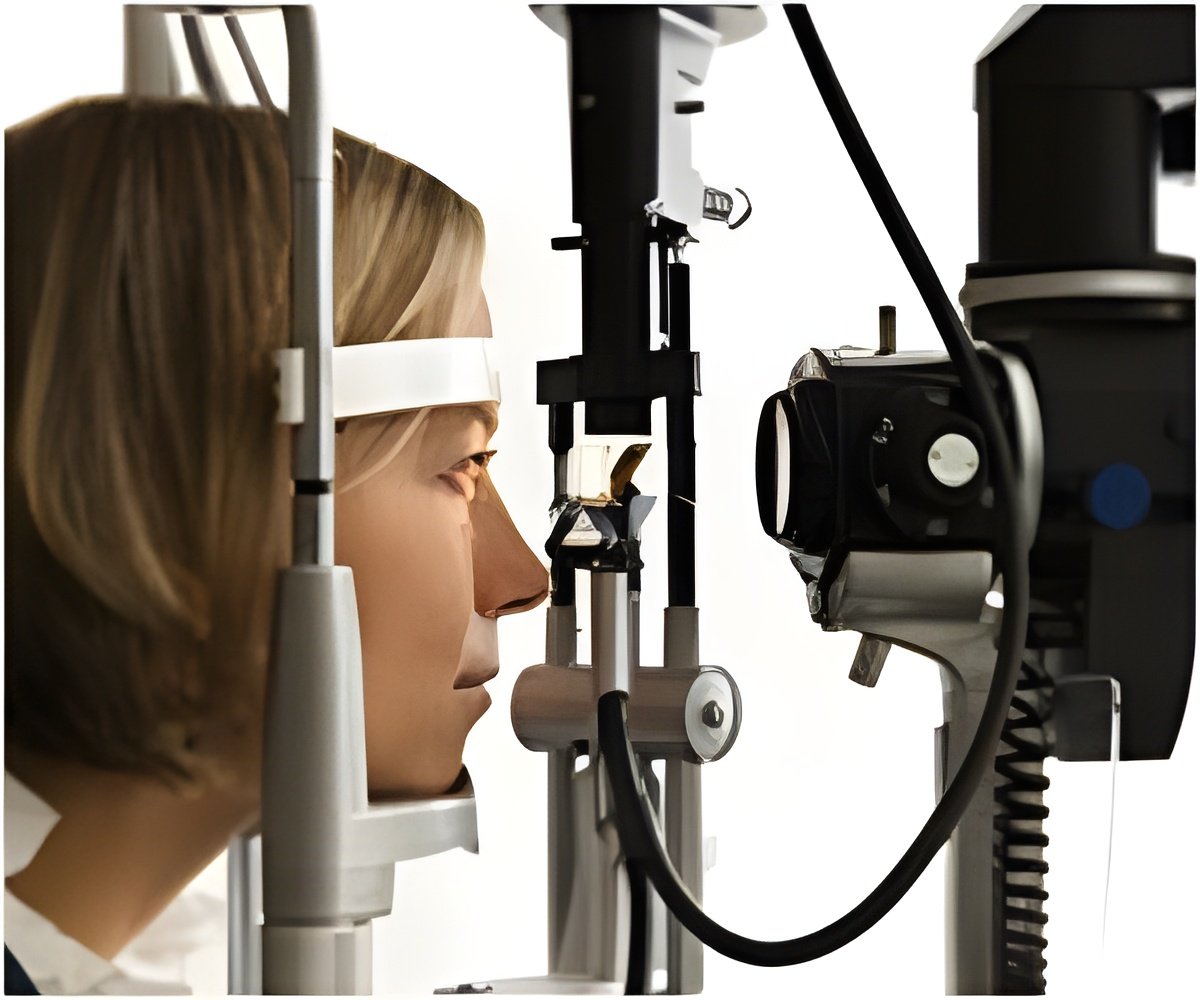A telephone intervention trial was associated with improvement in glaucoma medication adherence in both the treatment group and the control group.

Karen Glanz, Ph.D., M.P.H., of the University of Pennsylvania, Philadelphia, and colleagues enrolled 312 patients with glaucoma in a randomized controlled trial at two eye clinics at a Veterans Affairs hospital and a large public hospital. The patients (average age nearly 63 years) were considered to be nonadherent because they did not take their medication, refill their medicine and/or keep their medical appointments.
Patients were divided into either the treatment or control group. The treatment group received automated, interactive telephone calls and tailored printed materials, while the control group received usual care, which included the recommendation for medical appointments and medication refills. Researchers measured adherence to medication taking, prescription refills and appointment keeping based on interviews, medical charts and other data.
"A statistically significant increase for all adherence measures was noted in both the treatment group and the control group in the I-SIGHT (Interactive Study to Increase Glaucoma Adherence to Treatment) trial. The treatment group had greater improvements in adherence in 4 of 6 categories, but this did not reach statistical significance," the authors comment.
Researchers suggest that "motivated patients" in an ongoing clinical trial might improve their treatment adherence even without tailored messages for encouragement.
"New technologies, such as interactive voice recognition and electronic reminder devices, may play a supportive role in the effort to improve adherence in patients with glaucoma, but further study is warranted," the authors conclude.
Advertisement












